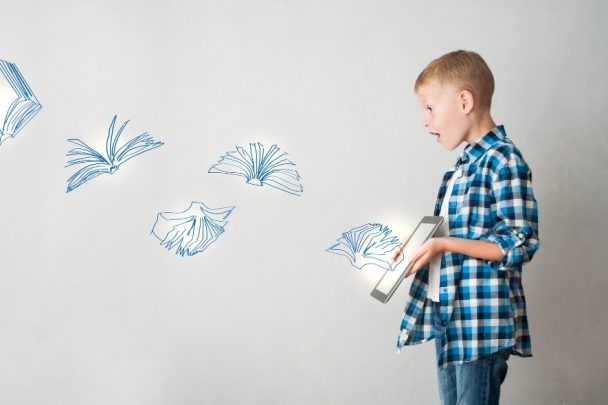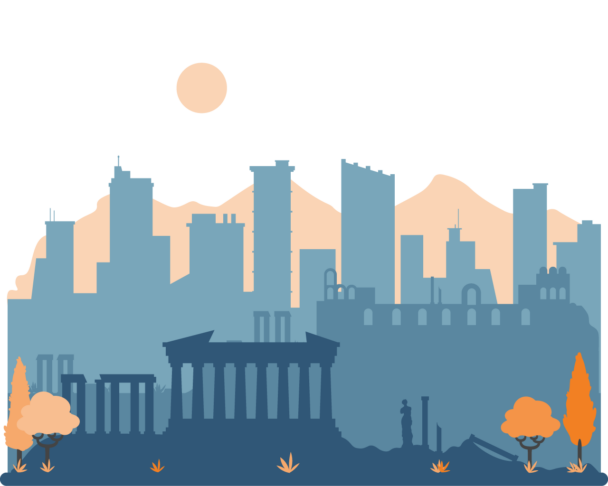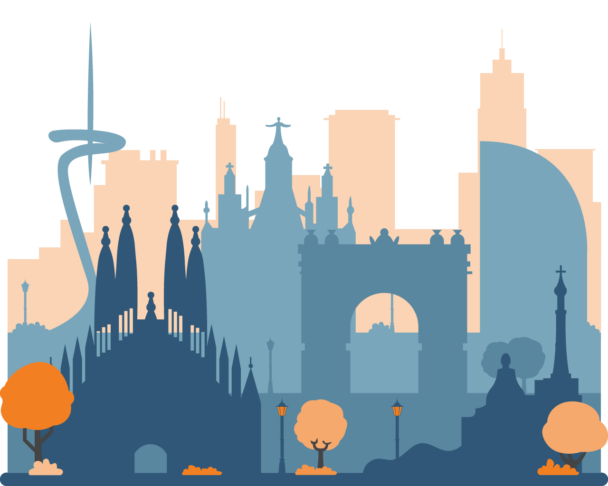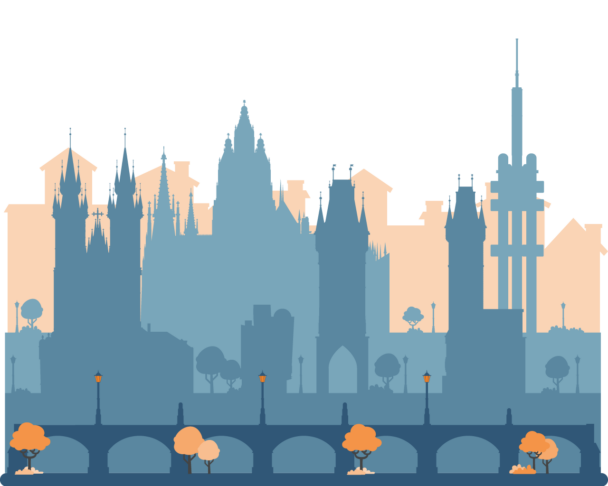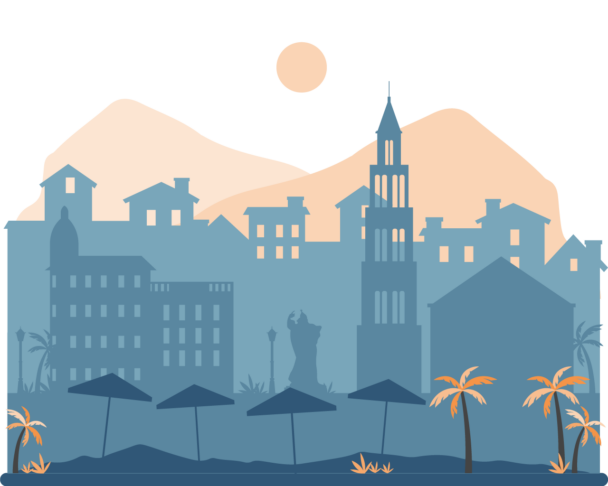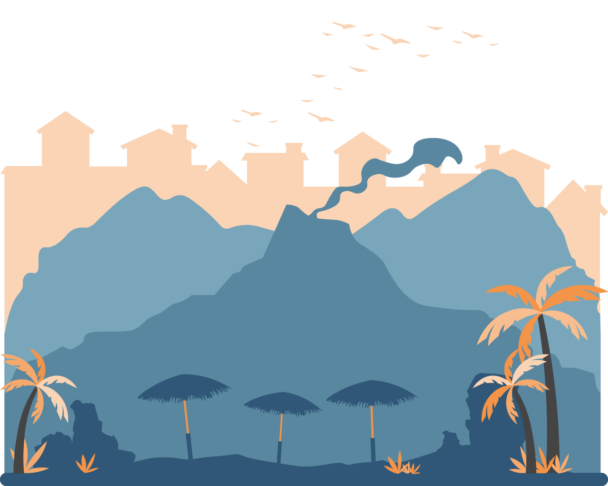Description
Basic Computer Proficiency required. Read more »
Basic computer proficiency courses are designed for individuals who have limited experience with technology. Participants will learn fundamental skills such as navigating the web, and using basic programs.
Creativity, expression, and writing are crucial elements of young people’s education.
While these skills seem to be often constrained by the increasing digitalization of our world, modern technology can provide educators with effective tools to involve students in inspiring creative writing tasks.
Mastering these new tools is essential for teachers if they are to speak the same language as their young learners, who are digital natives.
The course will help teachers improve their capacity for digital storytelling by instructing them on the use of the most effective applications and software.
Attendees will discover how to create and edit videos, as well as how to add sounds, graphics, and narrations to projects, using easy and effective tools such as Microsoft Photos and Weebly.
By the end of the week, participants will have acquired skills to create audio-visual stories with the support of a variety of ICT tools. They will have created their own project and will be ready to effectively incorporate digital storytelling in their educational programs.
What is included
Learning outcomes
During the course, participants will learn:
- Application of 4Cs: Apply critical thinking, communication, collaboration, and creativity through the crafting digital story lessons;
- Writing Skills: Formulate a point of view and develop the script;
- Subject Alignment: Get a clear understanding of the educational digital storytelling process and how to align it with the subject matter and learning objectives;
- Media Literacy: Learn how to integrate visual elements, sound, and music effectively into digital story lessons;
- Digital Literacy: Navigate and utilize various digital tools for storytelling, sound recording, editing, and publishing;
- Collaboration Skills: Engage in international story-circle group activities, providing constructive peer reviews;
- Creative Expression: Demonstrate creativity in crafting compelling subject-specific narratives through educational digital storytelling;
- Ethical Use of Media: Practice ethical use of media, understanding copyright regulations while using Creative Commons resources;
- Problem-Solving Skills: Learn how to make decisions and overcome obstacles at all stages of the project;
- Overcoming Tech Fears: Demonstrate confidence when introducing educational digital storytelling as a cross-curricular tool in your classroom.
Tentative schedule
Day 1 – Introduction to the course and Digital Storytelling
- Introduction to the course, the school, and the external week activities;
- Icebreaker activities;
- Presentations of the participants’ schools;
- Introduction to future-ready education, digital storytelling, and 4Cs;
- Importance of digital storytelling in teaching the 4Cs (Critical thinking, Communication, Collaboration, Creativity);
- Educational uses of digital storytelling.
Day 2 – Understanding educational digital storytelling and story crafting
- Educational Digital Storytelling process: Elements of a compelling story;
- Brainstorming and crafting a narrative for educational purposes;
- Mapping stories to subject matter and learning objectives;
- Guided practice: Writing a story (300-word script) related to individual teaching subjects.
Day 3 – Introduction to visual storytelling and storyboarding
- Visual language and photography theory for beginners;
- Exploring various tools and methods for creating visual elements (images, graphics, videos) for stories;
- Introduction to Creative Commons and Copyrights;
- Guided practice: Collect your copyright-free material online (photos and videos) and make your storyboard.
Day 4 – Introduction to recording techniques
- Overview of tools and equipment for recording digital stories;
- Techniques for effective voiceovers, narration, and audio recording;
- The power of sound and music in Digital Storytelling;
- Guided practice: Record voice-over for your digital story and find a musical piece online for your digital story.
Day 5 – Editing and sharing your digital story
- Introduction to Video Editing and Overview of selected editing software;
- Basics of editing: cutting, effects, and transitions;
- Guided practice: Editing your digital stories;
- Group screening of stories and peer review.
Day 6 – Course closure & cultural activities
- Course evaluation: round-up of acquired competencies, feedback, and discussion;
- Awarding of the course Certificate of Attendance;
- Excursion and other external cultural activities.
